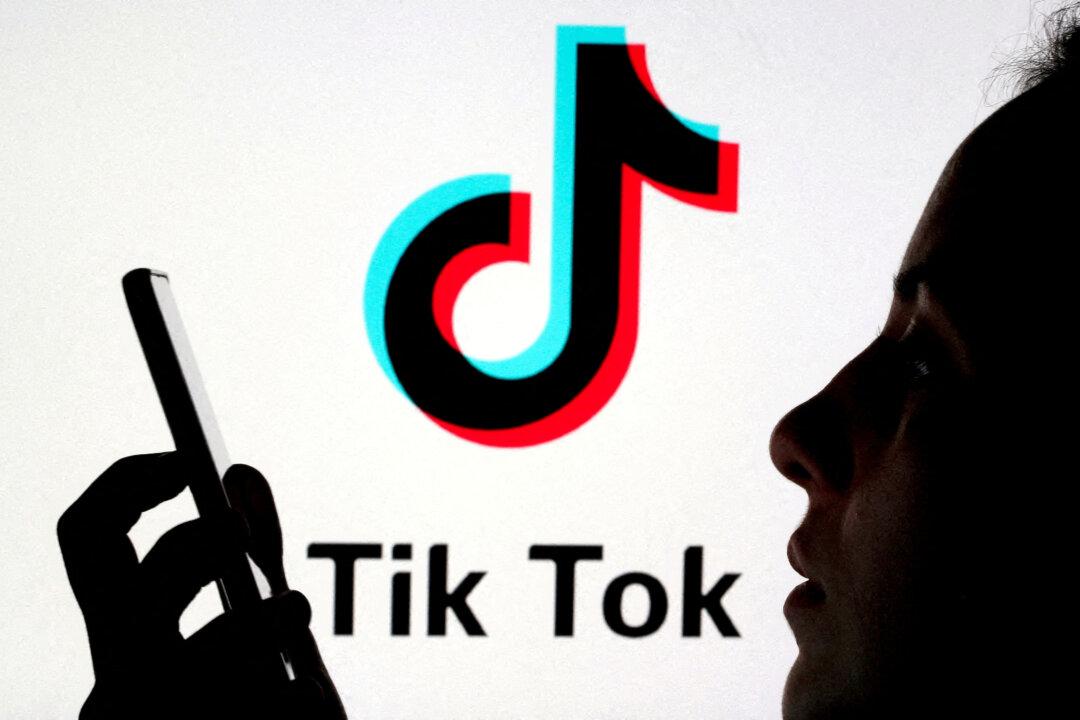Beauty filters for teens under the age of 18 will be restricted on video social media platform TikTok after a new report highlighted concerns about the feature.
TikTok’s European Safety Forum in Dublin, Christine Grahn, TikTok’s head of public policy and government relations in Europe, announced on Nov. 26 the tech giant was working on restricting the use of some appearance effects for teens under 18, aiming at those “designed to alter a user’s appearance.”





